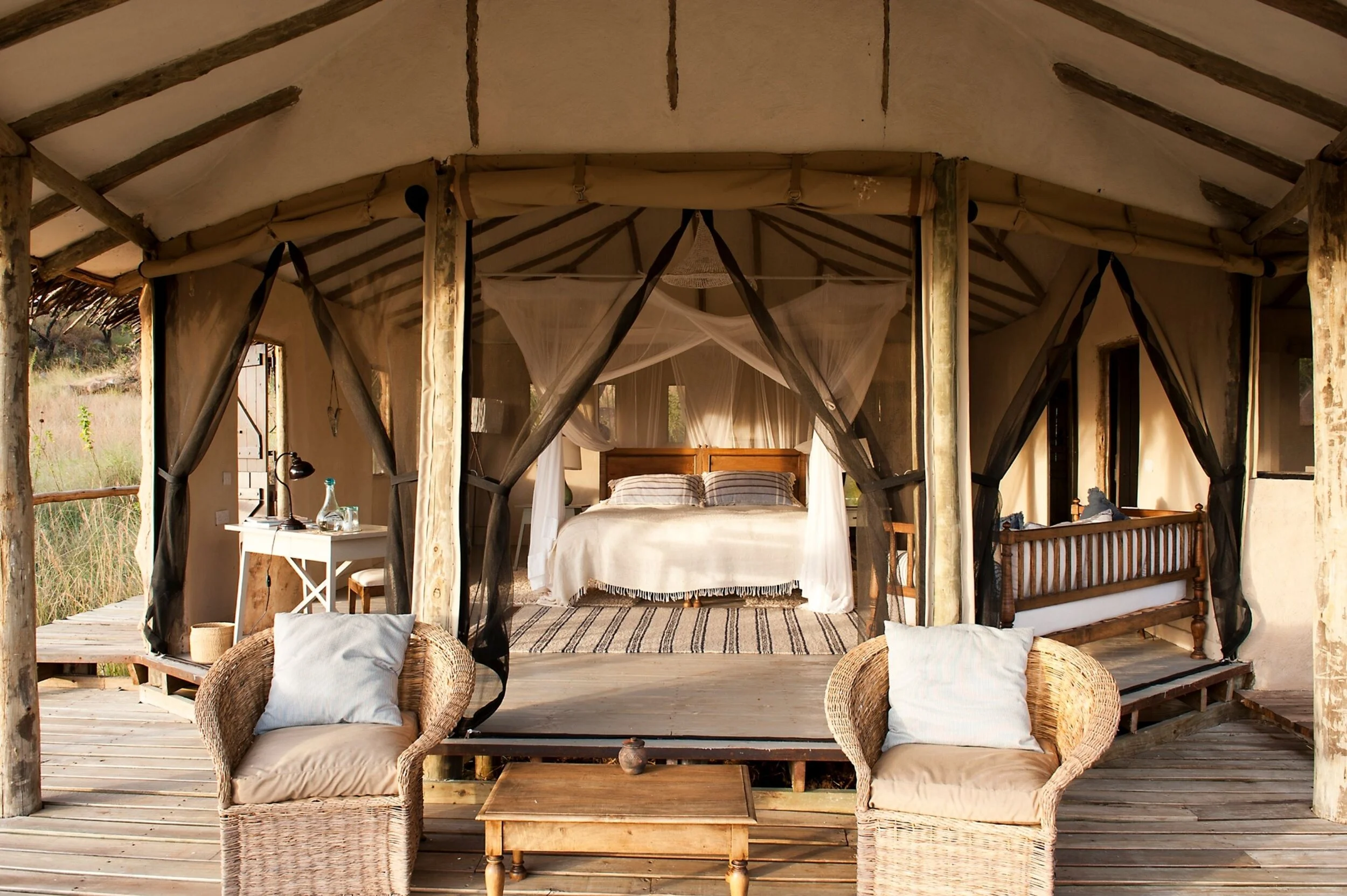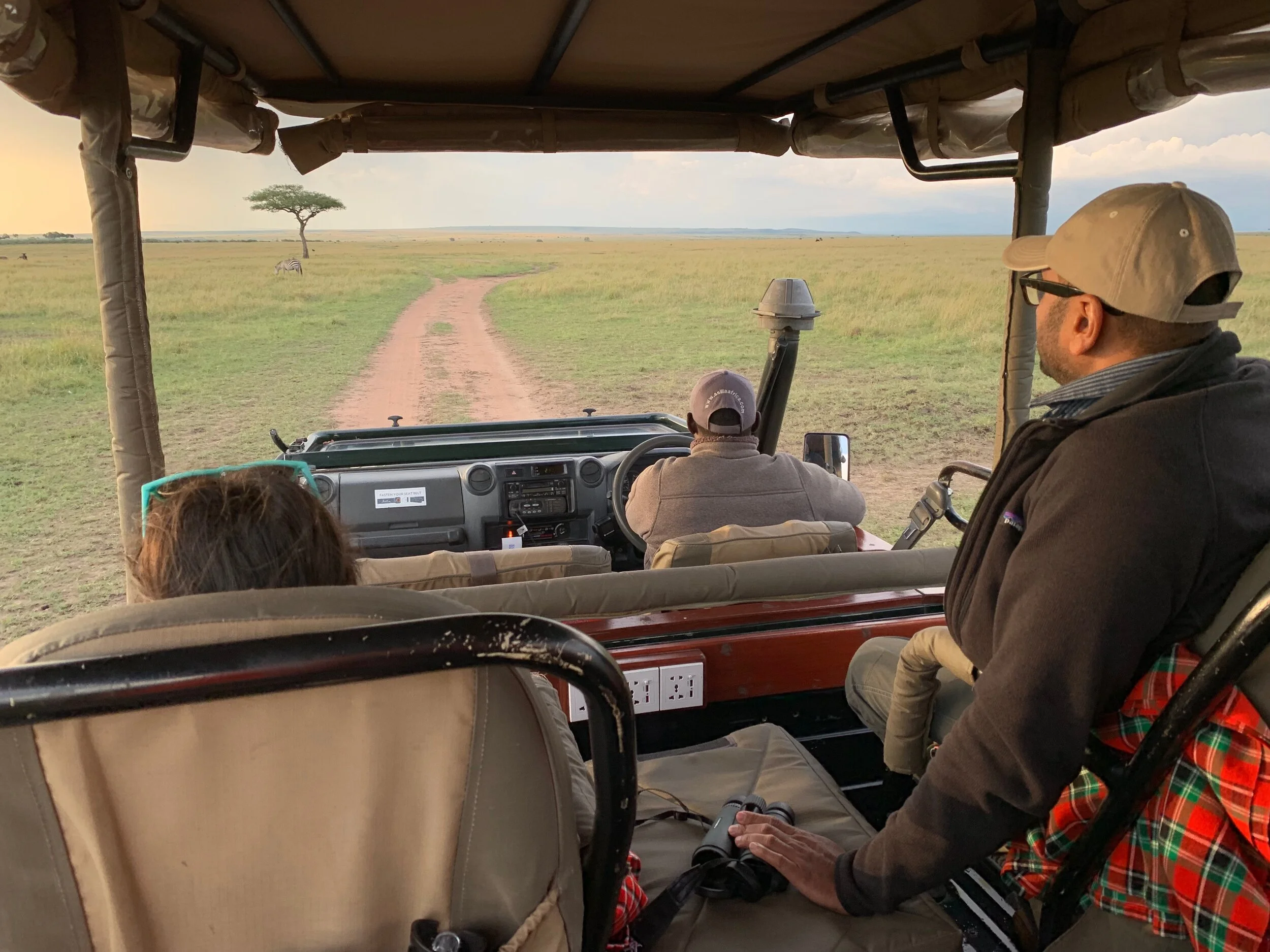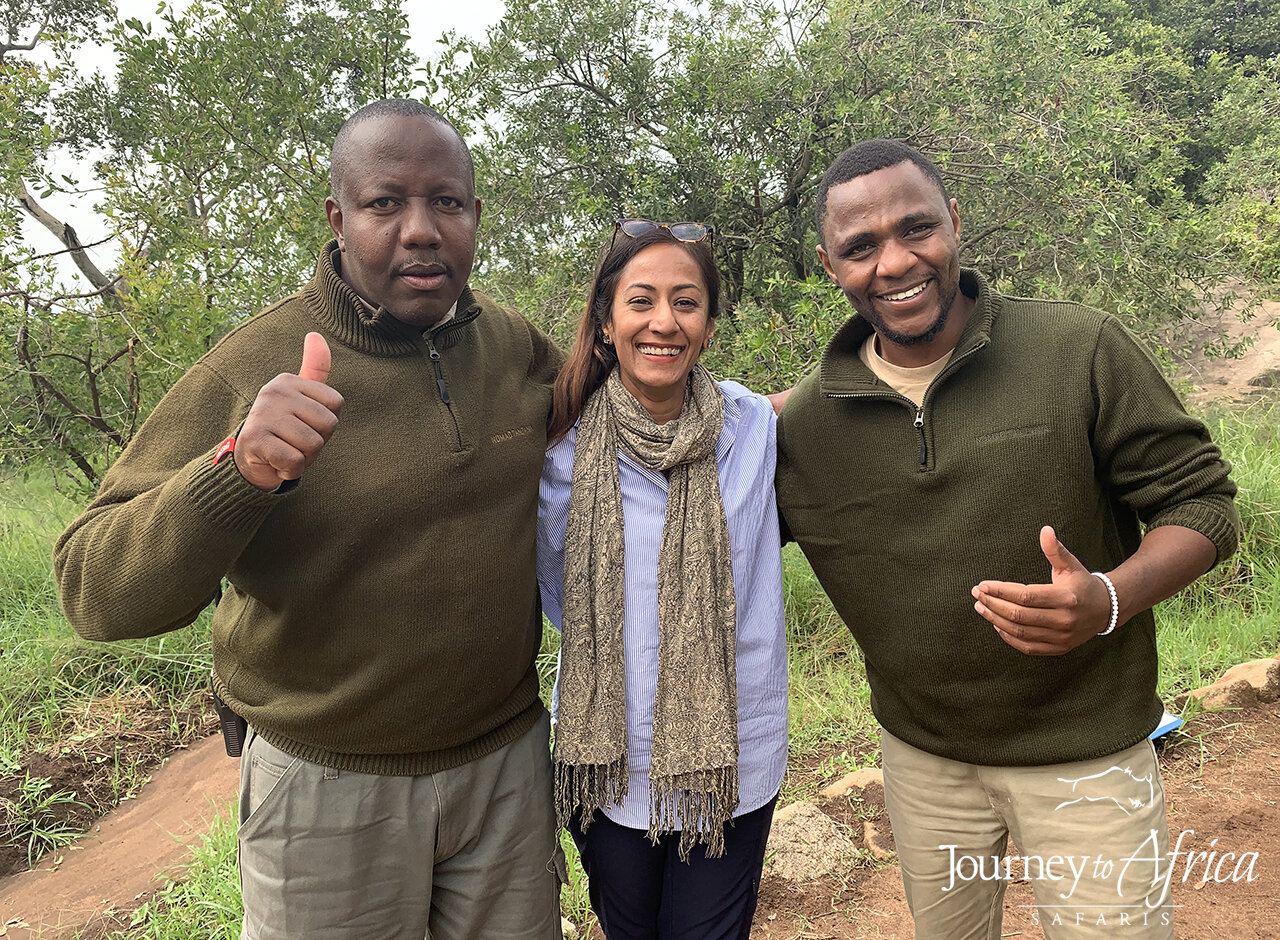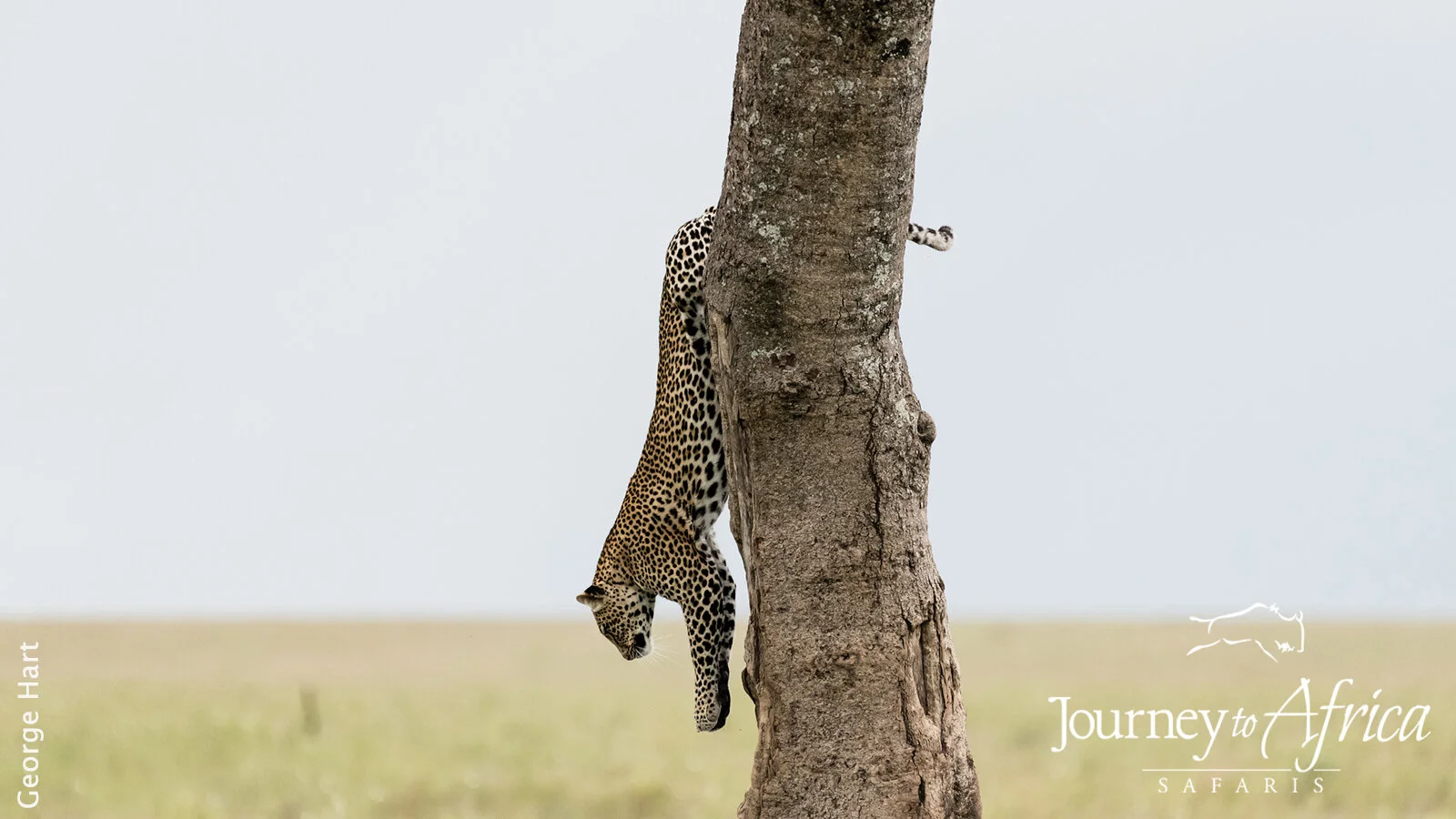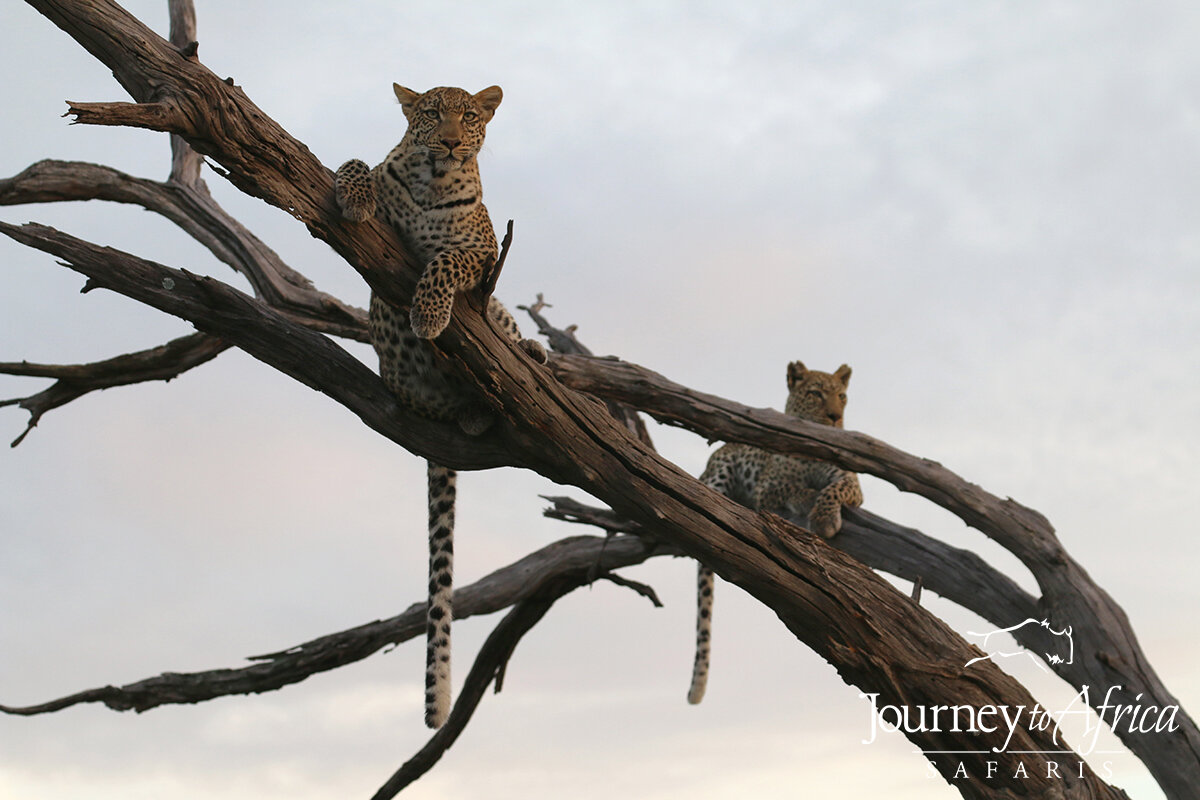Learn the Safari lodging lingo…
When you hear about Safari accommodation, you will often hear “Camps and Lodges”. If you haven't been on an African Safari, you probably associate the word “camp” with a small tent, and basic facilities, or perhaps even some kind of army setup with ration packs! The word “Lodges” probably conjures up images of dimly lit old cabins. Both of these are very wrong when it comes to Safari lingo! I will take you through the different types of accommodation on Safari and what to expect! Keep in mind that I work with destinations ranging from mid-luxury to upscale luxury from anywhere between $400- $1,800 per person per night.
Classic Tented Camps
This is your old Africa, “Hemmingway Style” accommodation. Expect big canvas tents furnished with beautiful fittings and often more outdoorsy ensuite bathrooms. This is the closest you can feel to the wild whilst still in luxurious comfort.
The Lounge tent refers to the communal area where you’ll find stunning views, delicious food, books, games. This is the “chill-out” area where you’ll spend your time when it’s too hot to be on a game drive in the heat of the day or when you’re having your evening drinks watching the sunset!
The Tented Camps will either be permanent or mobile.
Permanent Tented Camps
These camps will not move season to season and will be located in great locations year-round. When staying at a permanent camp, you will usually have larger rooms, indoor and outdoor bathrooms, more space in the lounge area, and have amenities like a spa, etc.
Kuro Tarangire, Tarangire, Tanzania
Alex Walker Serian, Masai Mara North, Kenya
Namiri Plains, Serengeti, Tanzania
Mobile Tented Camps
There are small tented camps that are semi-permanent or move season to season. They might sound simple but these more intimate camps are perfect for an exclusive Safari feel and a proper Safari bush experience.
Alex Walker Serengeti Camp, Serengeti, Tanzania
Safari Lodges
Safari Lodges are usually more permanent structures built into the surroundings and have a more homely feel. With more amenities such as bigger bathrooms, larger dining areas, and indoor fireplaces, lodges are a step up in comfort and luxuriousness whilst still keeping that feeling of being in the wild.
Lamai Serengeti, Serengeti, Tanzania
Singita Sabora, Grumeti Reserve, Tanzania
MalaMala Main Camp, MalaMala Game Reserve, South Africa
